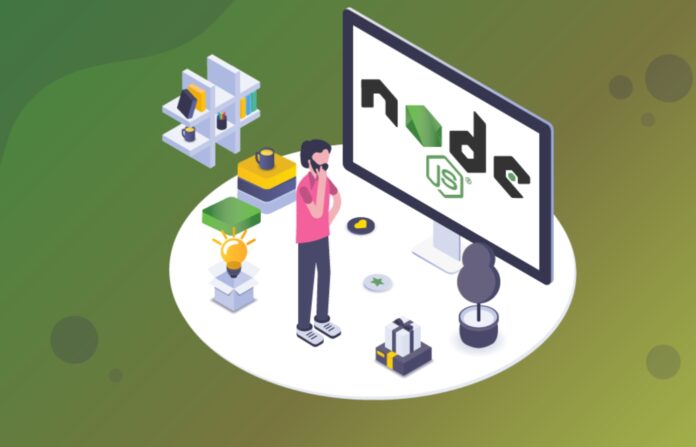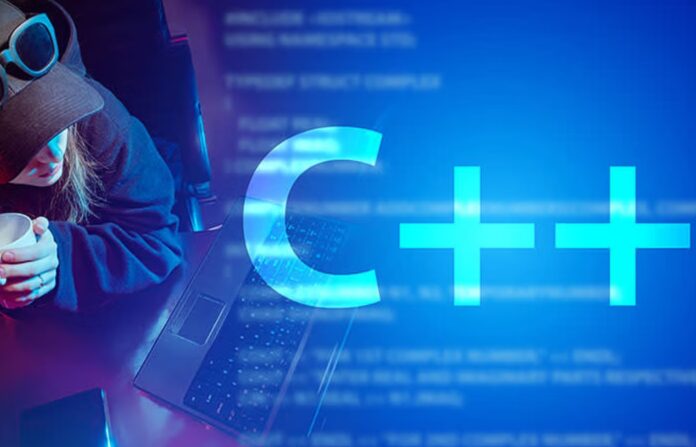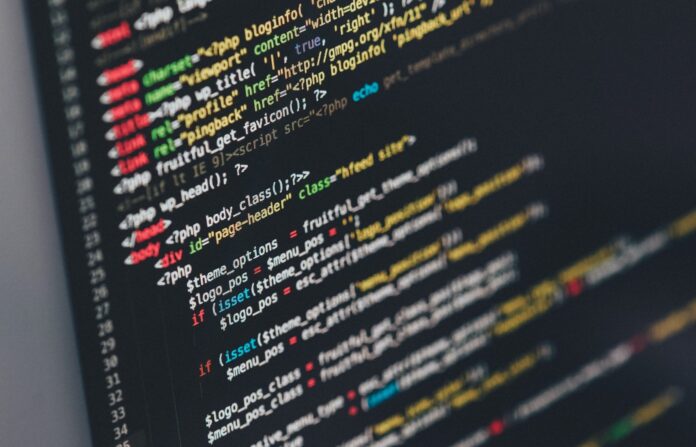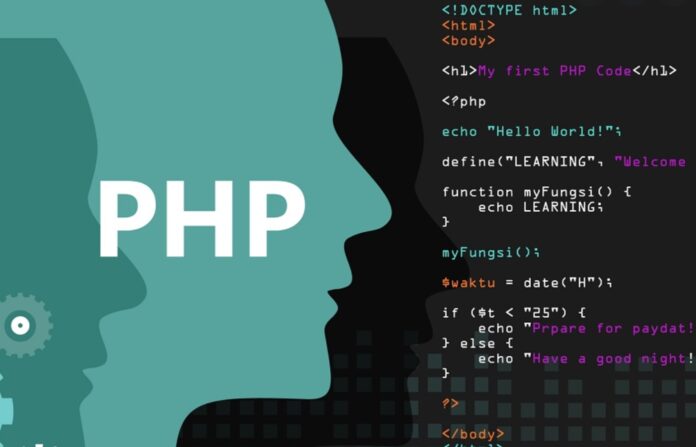The outbreak of the pandemic shifted consumer trends significantly, and they expect more from businesses today. Consequently, the competition is getting more fierce, and you certainly need an effective strategy to outpace your competitors in the industry.
For that reason, you must have the right data at hand and an efficient tool to retrieve the needed information.
Your web scraping project certainly requires some rules; for instance, in what language will the data be scraped? Many popular programming languages spring to mind, but all might not cater to your unique needs.
However, knowing their features and measuring their pros and cons will help you pick the right one.

What Is Web Scraping?
Before determining the best programming language, it is imperative to understand what web scraping is in the first place and how you can benefit from it. Web scraping involves extracting data from websites and saving it in a viewable, readable format – JSON, CSV.file, and XML are some popular formats.
Today, several brands offer an automated option for web scraping. Simply put, you do not need to keep an eye on the entire process as it takes place. Instead, monitor the information and work on your project.
In a fast-paced world like today, you need to build a solid strategy to thrive in the evolving business world.
Web scraping can, undoubtedly, help step up your business game. From price optimization to lead generation and competitor monitoring to product optimization, the valuable stats can add immense value to your brand.

5 Best Programming Languages for Web Scraping
Programming languages enhance and improve the process of web scraping and allow possibilities of scrape for vulnerabilities. Nonetheless, before discussing the best programming language options, keep a few points in mind. For instance, your programming language must:
- Be flexible for large and small scale projects
- Have high scalability
- Conduct error-free crawling
- Feed better databases
1. Python

The first one on our list, and for good reasons! Python is one of the most widely used programming languages that provide an all-in-one platform for smooth data extraction. One of the primary libraries used for Python web scraping is Puppeteer.
It provides a high-level API to control Chrome and conduct web scraping – a Puppeteer tutorial can give you more insight into it. Because Python helps you conduct error-free scraping and simplifies syntax, it is pretty popular among businesses. Here are some pros and cons provided by upsilonit.com.
Pros
- The Beautiful Soup application allows for efficient and quick data extraction.
- You can use Python Library for professional quality data.
- Scrapy offers several valuable features like support XPath and twisted library, allowing enhanced performance.
- You can use Pythonic idioms to search, navigate, and modify a parse tree.
Cons
- Too many data visualization options can cause confusion
- It is somewhat slow due to its dynamic nature and line-by-line code execution.
2. Node.JS

Node.JS employs dynamic coding techniques making it a well-recognized programming language for web scraping. It supports data extraction for large and small-scale projects and allows distributed crawling. Besides, it also runs non-blocking applications using Javascript.
Pros
- Express JS is a flexible web framework compatible with web and mobile applications.
- It is highly suggested for socket-based implementation, streaming, and API.
- The Request framework helps to make HTTP calls.
- It takes a single CPU core, allowing users for several instances for the same scraping project.
Cons
- It doesn’t offer excellent stability of communication.
- It requires several code changes due to unstable API.
- Lacks library support which can affect your code.
3. C++

If you’re into building a unique web scraping setup, C++ is for you. It offers an excellent execution solution for web scraping. Nonetheless, expect it to be somewhat costly.
Pros
- C++ user interface is pretty simple, which makes it easy to understand.
- It allows you to parallelize your scraper efficiently.
- It conducts web scraping even better with dynamic coding.
- You can use it to fetch URLs and write an HTML parsing library per your preferences.
Cons
- It is expensive and not ideal for small-scale projects.
- The C++ pointers take a lot of memory which isn’t suitable for a few devices.
- Its language is not excellent for creating web crawlers.
4. Ruby

Ruby is recognized for its simple and productive nature. The use of imperative programming in Ruby ensures a functional balance in programming. Its syntax is relatively straightforward and convenient for writing codes.
Pros
- You can easily set up your web scraper through HTTParty, NokoGiri, and Pry.
- HTTParty enables HTTP request transfer to any web pages you wish to extract data from.
- NokoGiri provides SAX, XML, Reader, HTML parsers and CSS selector support.
- Pry allows program debugging.
- It helps you avoid code repetition.
Cons
- Ruby is relatively slower than other programming languages.
- It is supported by a community of users, not a company.
5. PHP

PHP isn’t an ideal option for building a crawler program. CURL library is a better option when it comes to extracting graphics, photographs, and videos from websites. It helps you transfer files using different protocols, including FTP and HTTP. This enables you to create a web bot and extract anything from websites.
Pros
- PHP is open-source and free of cost.
- It is pretty simple to use.
- It helps you run 723 pages within 10 minutes.
- PHP utilizes very less CPU usage.
Cons
- PHP isn’t suitable for large-scale data extraction projects because it has weak multi-threading and async.
Conclusion
All programming languages have their pros and cons, and the appropriate option depends on your web scraping project and needs. Python, by far, is the most cherished one. You can use the Puppeteer library for web scraping with Python. It allows for more efficient scraping. If you aren’t sure how to install it, you can check out this Puppeteer tutorial on oxylabs.io.









